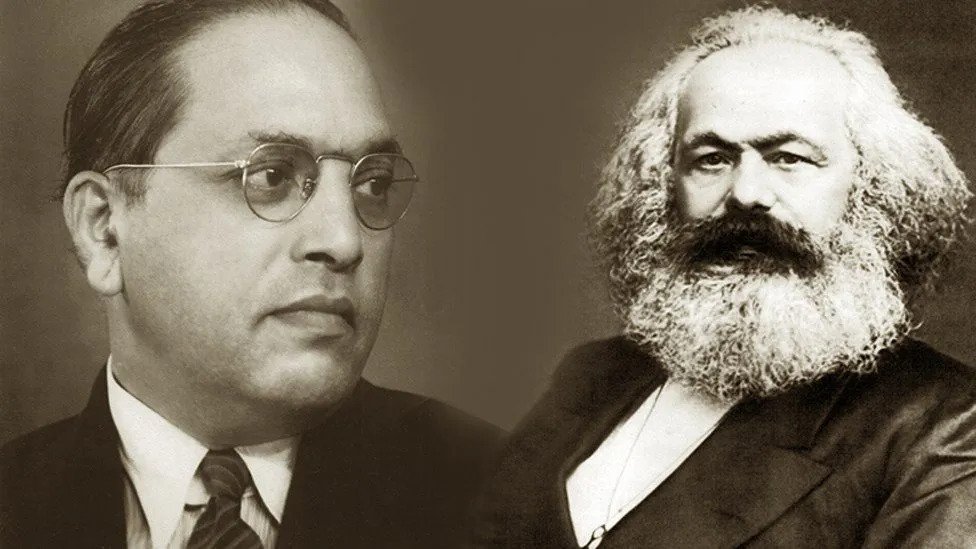By: Rajdeep Chowdhury
“What’s in a name? That which we call a rose, by any other name would smell as sweet.” This is Juliet’s line when she is telling Romeo that a name is nothing but a name and it is hence a convention with no meaning behind it in the glorious and passionate adventure of “Romeo and Juliet”, as she declares her love and tells him she loves the person who is wearing the “Montague” name, and not the name itself, or the family it comes from.
However, throughout history, the names of nations have undergone significant changes, reflecting political, cultural and social transformations. These changes offer a captivating glimpse into the ever-evolving nature of human societies and their shifting identities. One of the most common reasons for nation name changes is political transformation. These transformations can arise from various factors, including revolutions, the emergence of new governments, or the unification or division of territories.
Perhaps the most iconic nation name changes in our living memory occurred in 1991 when the Soviet Union dissolved into multiple independent states. The largest of these, the Russian Soviet Federative Socialist Republic, became the Russian Federation, commonly known as Russia. This change marked the end of the Soviet era and the emergence of a new political landscape in Eastern Europe and Central Asia. Cultural identity also often plays a significant role in nation name changes. In some cases, nations opt for new names to reflect their unique cultural heritage or to shed associations with colonial or oppressive regimes. In 1980, the nation known as Rhodesia, a former British colony, officially adopted the name Zimbabwe after gaining independence. The new name was chosen to reflect the country’s ancient history and heritage and to distance itself from its colonial past under British rule. In 1986, the government of this West African nation officially requested that it be referred to as Côte d’Ivoire, its name in French, rather than Ivory Coast in English. This change was intended to emphasize the country’s African identity and heritage while distancing itself from its colonial past under French rule. And in 1989, the ruling military junta changed the country’s name from Burma to Myanmar. The change was intended to emphasize the country’s diverse ethnic groups and its history.
However, the decision remains a subject of debate and controversy, with some groups refusing to acknowledge the change. In 1993, Czechoslovakia, which had existed since 1918, peacefully dissolved into two separate nations: the Czech Republic and Slovakia. This division was driven by political and cultural differences and resulted in two distinct nations with their own identities and names. Diplomatic relations can also influence nation name changes, especially in the context of international disputes. Taiwan, officially known as the Republic of China (ROC), faces challenges in gaining international recognition due to the One-China policy maintained by the People’s Republic of China (PRC). As a result, Taiwan operates under the name ROC in many international forums, reflecting its unique political status and diplomatic struggles.
At the end of the day, changing the name of a nation is a complex and deeply subjective matter. Whether it is “good” or not depends on a multitude of factors, including cultural, historical, political, and practical considerations. Especially in nations born from colonial ashes, names can also have political and social significance. Changes in country names can reflect shifts in power, ideologies, or efforts to distance from a particular historical legacy.
In the case of Bharat or India, the name Bharat has deep cultural and historical significance in Indian mythology and heritage. It is derived from the legendary Emperor Bharata, whose name is associated with India’s ancient identity. Renaming the country Bharat is seen by some as a way to reconnect with this historical and cultural legacy. Proponents of the name change often argue that “Bharat” is more in line with the cultural identity of the country and that “India” is a name imposed by colonial powers. They believe that embracing “Bharat” could strengthen the connection between the people and their heritage. Advocates for the name change argue that Bharat is a more traditional and indigenous name compared to India, which has colonial connotations. They believe that using Bharat can help preserve and promote Indian traditions and values. Those who advocate for changing the name to Bharat, believe it can foster a sense of national pride and unity among the Indian population.
It may encourage citizens to identify more strongly with their country’s heritage and promote a sense of belonging. Renaming Bharat could be seen as a form of cultural diplomacy, emphasizing India’s distinct cultural identity on the global stage. It may strengthen cultural ties with other nations and promote a more authentic image of India. Some proponents believe that renaming the country to Bharat could serve as an opportunity for rebranding, both domestically and internationally. It could be part of a broader effort to redefine India’s image and identity.
It’s important to note that while these potential advantages exist, there are also significant challenges and drawbacks to changing the name of a country, including the practical, legal, and political complexities involved. India is an incredibly diverse nation with a multitude of languages, cultures, and identities. Some argue that changing the name to “Bharat” might inadvertently marginalize or exclude certain groups whose identities are not directly tied to that name. Changing the official name of a country is a complex and costly endeavour that involves revising legal documents, altering infrastructure, and updating international agreements. It can be a bureaucratic challenge that might not necessarily result in tangible benefits for the population. The idea of changing India’s name has been debated in the political arena from time to time. However, such changes often become politicized and can lead to divisive debates, distracting from other important issues facing the nation. Ultimately, the opinion of the Indian population should be a significant factor in deciding whether to change the name of the country. Widespread public support would be necessary for such a change to be successful and meaningful.
In conclusion, whether changing India’s name to Bharat is “good” or not is a matter of perspective. But unlike how Juliet only loved Romeo as an individual and not his name “Montague”, it seems many nationalists throughout the globe definitely associate their love for their nation with its name.







